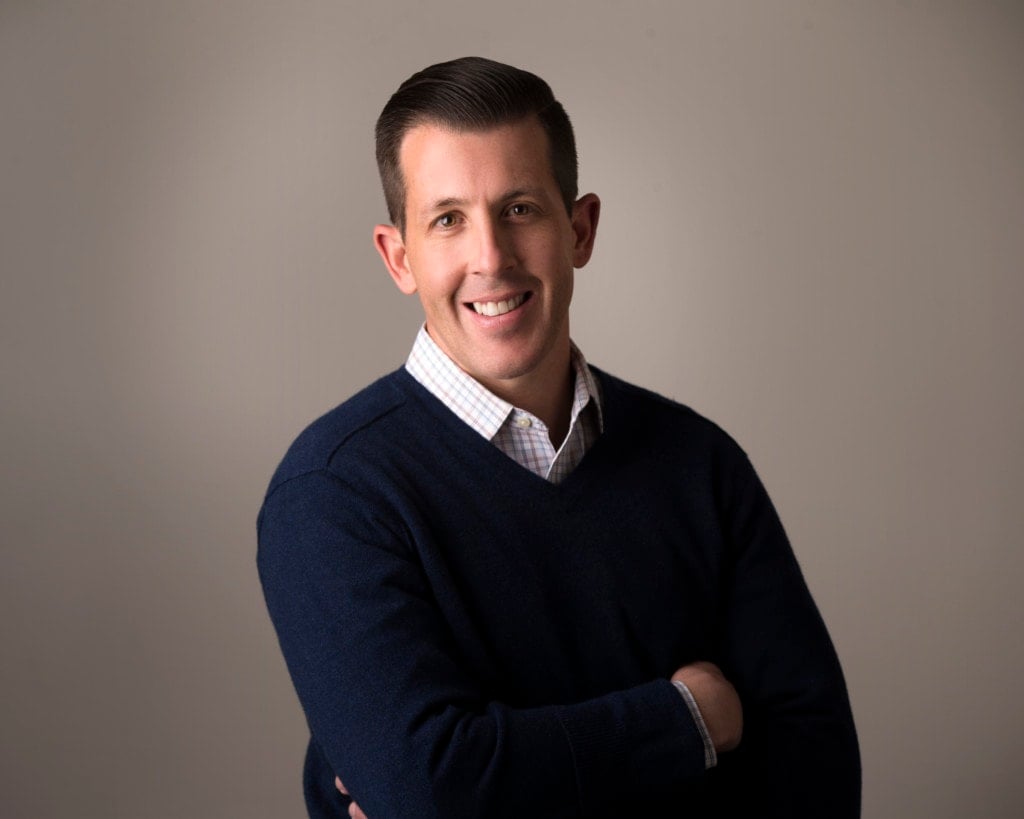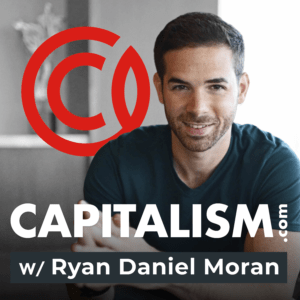Patrick Donohoe is a millionaire entrepreneur who made his money by studying, codifying and replicating the wealth management strategies of some of the world’s wealthiest people. In 2007, Donohoe, along with some friends came together to form Paradigm Life, an investment planning firm based in Salt Lake City, Utah. At the dawn of the 2008 global financial crisis, the business struggled to make a profit but Donohoe was determined to stick with it. He took full control of the company by ultimately buying out the other partners and assumed almost $1 million in debt in the process.
Fast forward to today, Paradigm Life has made an impressive comeback. Under Donohoe’s leadership, the debt has been paid off and the business is stronger than ever before with an ever-growing team of wealth strategist who help accomplished entrepreneurs figure out how they should invest their excess capital to preserve and grow it. Donohoe hosts a weekly finance podcast called The Wealth Standard and over the years has shared the stage with a number of notable speakers including Peter Schiff, Donald Trump Jr., Tom Hopkins and Robert Kiyosaki. In a recent episode of The One Percent podcast, Ryan Moran (founder of Capitalism.com) and Patrick Donohoe shared a candid conversation on wealth and financial freedom.
Below we’ll look at four wealth management ideas that business owners can glean from listening to the episode.
What Have You Been Taught About Money?
It is often argued that knowledge is probably the most valuable thing that someone can possess. If there is truth in this well-known adage, could the complete opposite be said about possessing inaccurate information? Have you ever considered the negative effects of operating under incorrect knowledge? (You might also enjoy reading, How Gary Vaynerchuk Built His Fortune)
As we grow up, we are heavily influenced, both directly and indirectly, by a number of people on the subject of money. These people can be our parents, other relatives, a pastor, and even school teachers. Although they usually mean well, oftentimes what they pass down negatively affects one’s approach to good money management.
Some of what many of us are taught include: money is the root of all evil, all debt is bad debt and spending is bad. Think of it, many Americans grew up hearing these exact or similar messages when they were children. Despite this, 4 in every 5 Americans are living paycheck to paycheck. Could it be that this same knowledge that has been passed down to us inaccurate?
In the conversation with Ryan, Patrick encourages listeners to seriously reevaluate the way they think about money and honestly consider whether or not it has been producing the results that they want.
Define the End Goal
Whenever new clients have their first meeting with Patrick or anyone else from his team, oftentimes the first question that is usually asked is: What is your end goal? During the episode, Donohoe explained that financial planning is not a one-size-fits-all endeavor. For that reason, it is very important for his clients to clearly define the lifestyle they hope that their investments will be able to help them achieve. There are a lot of questions in the planning process – Are you primarily trying to create passive income? Will illiquid assets be suitable for your portfolio or would you need to be able to access your money fairly quickly, on short notice?
As an example, someone who doesn’t have any kids and is ready to retire from decades of being a business owner may simply want help with creating modest passive income sources to supplement their lost earnings. On the other hand, a young entrepreneur that recently had a liquidity event may be interested in occupying his/her time with joining a new startup. In such a situation, active investment opportunities that require more hands on input may be more suitable.
Simply put, coming up with effective investment strategies can prove to be an almost impossible task without having a clear sense of why you are investing. According to Donohue: Your businesses have objectives, and your investments should have them too.
Have Financial Counsel
During the episode, Donohoe also stressed the importance of having someone, or better yet a team, in both your business and life that can provide you with ongoing financial guidance. Even if you are naturally good at money management and choosing investments, it does not hurt to seek counsel for a second opinion before you make major financial decisions. (For related reading see, Bill Gates Net Worth: Harvard’s Most Successful Dropout)
Regularly working hand in hand with a CPA in your business can help you to find creative, but legal, strategies that you can use to reduce your overall tax liability. Additionally, a controller in your company can also help you with creating and analyzing cost/benefit models about major capital investments or even the impact of potential negative scenarios (decline in sales volumes or increase your cost of goods, as an example).
On the other hand, walking with a financial advisor as you invest will allow you to run through your investment ideas with someone before you execute on them. If there are any flaws in your analysis, an advisor can potentially help point them out to you. An advisor can give you ideas on where to allocate your money, explain basic finance concepts that you might not have encountered previously and stop you from making irrational decisions (selling a stock before the time is right).
As an entrepreneur and an investor, having a team of financial counsel will undoubtedly help you to make better decisions.
Limit Unexpected Liabilities
Although very unfortunately, the truth is that wealthy people tend to have a lot of targets on their backs. Failing to prepare for potential lawsuits, the possibility of a failed marriage or other related unexpected liabilities could literally wipe out most, if not all, of one’s wealth.
One way to ensure that your assets are protected from unprotected threats is to work with a lawyer that specializes in estate planning to set up trusts and holding companies that can limit your losses in the event of a lawsuit being filed against you, whether merited or frivolous.
Another good asset protection plan is to ensure that you are sufficiently insured. This is especially true if you are an owner or active investor in businesses that tend to be prone to a lot of litigation risk. In the podcast, Donohoe also briefly spoke about captive insurance, which is essentially a self-owned insurance company, and how entrepreneurs use it to insure against a wide range of potential losses, while at the same time reducing their overall tax bill.
Would you like to start learning and implementing the financial strategies of the worlds wealthiest people? Paradigm Life is offering a free Perpetual Wealth 101 Guide. Just visit please go to www.capitalism.com/paradigm for exclusive access to this free course that will take you down the path to financial independence.





